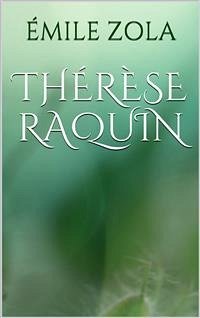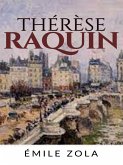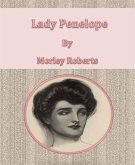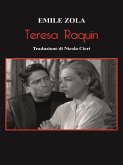Set in the claustrophobic atmosphere of a dingy haberdasher's shop in the passage du Pont-Neuf in Paris, this powerful novel tells how the heroine and her lover, Laurent, kill her husband, Camille, but are subsequently haunted by visions of the dead man and prevented from enjoying the fruits of their crime. Published in 1867, this is Zola's most important work before the Rougon-Macquart series and introduces many of the themes that can be traced through the later novel cycle.
Bitte wählen Sie Ihr Anliegen aus.
Rechnungen
Retourenschein anfordern
Bestellstatus
Storno









